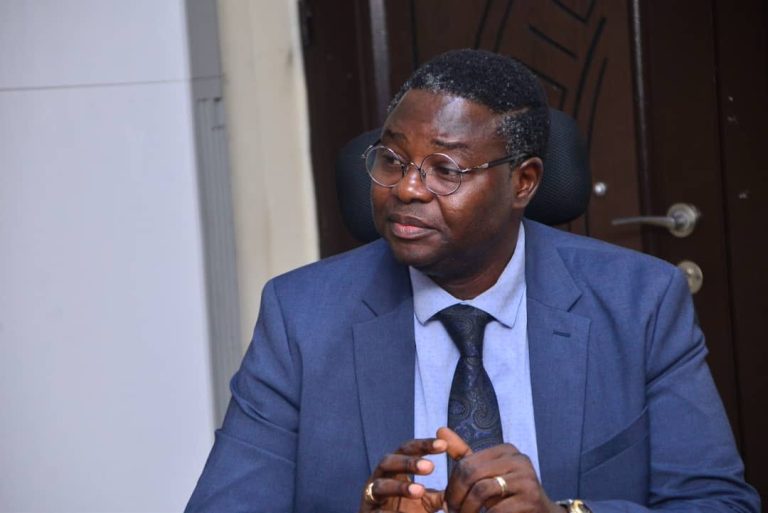President Bola Tinubu has approved a N20 billion take-off fund for the National Space Research and Development Agency, which will be used to carry out its mandate for space regulation and licensing.
The Director-General of NASRDA, Dr. Matthew Adepoju, said this on Thursday in an interview with the News Agency of Nigeria in Abuja.
Adepoju said the regulatory function of the agency, as encapsulated in the NASDRA Act, 2010, had remained unfulfilled since its establishment in 1999.
He spoke against the background of the NASRDA stakeholders’ workshop on space regulation scheduled for April 8.
The NASDRA DG said that on assumption of office, he raised a memo to President Bola Tinubu on the need to enforce the regulatory functions of NASDRA.
According to him, this is in line with the provisions of Sections 6 and 9 of the laws establishing it, adding that Tinubu eventually approved the take-off fund.
“When I raised that memo stating that our space can no longer be unregulated, Mr. President graciously approved the take-off fund of N20 billion a few months ago.
“This is to enable us to commence the space regulation and spectrum management in Nigeria.
“Although times and lots of activities happen that have security implications, if we don’t take charge of our space sector, it will continue to be misused,’’ Adepoju said.
Adepoju said the agency had yet to access the N20 billion, adding that the release of funds was always subject to availability.
“Within the framework of what is possible for us to do now, we’ve set up the platform, and we are commencing our regulatory and licensing functions,” he told NAN.
He explained that the space sector had three segments: the upstream, midstream, and downstream.
“We have the upstream, which is deep space, and the midstream, which is in between the space objects, such as satellites and the planet Earth.
“We have the downstream, which has to do with ground stations, activities, and people who are utilising space products and services.
“In between these three sectors, activities must be regulated; otherwise, Nigerians will be shortchanged.
“People have to be licensed and issued guidelines; the spectrum within Nigeria has to be monitored, and the agency has been granted this power since 2010, which has many benefits,’’ he said.
Adepoju said the licensing platform was ready and open to both public and private sector operators in the space arena.
The licensing, he said, was available for people using and providing space products and services.
He emphasised the need for strict oversight of satellite image providers, geographic information system operators, and satellite-based telecommunication and broadcasting services.
He also said that geographical data intelligence could be exploited by non-state actors for illicit activities if unregulated.
The Director-General further told NAN that the initiative would enhance national security, economic diversification, and local content development.
He said it would also generate revenue from sub-sectors such as oil and gas, shipping, and telecommunications, which relied on space products for their operations.
NAN










